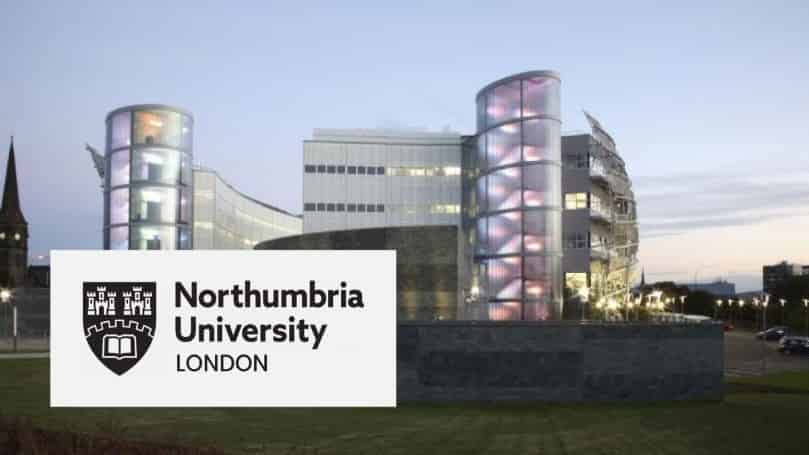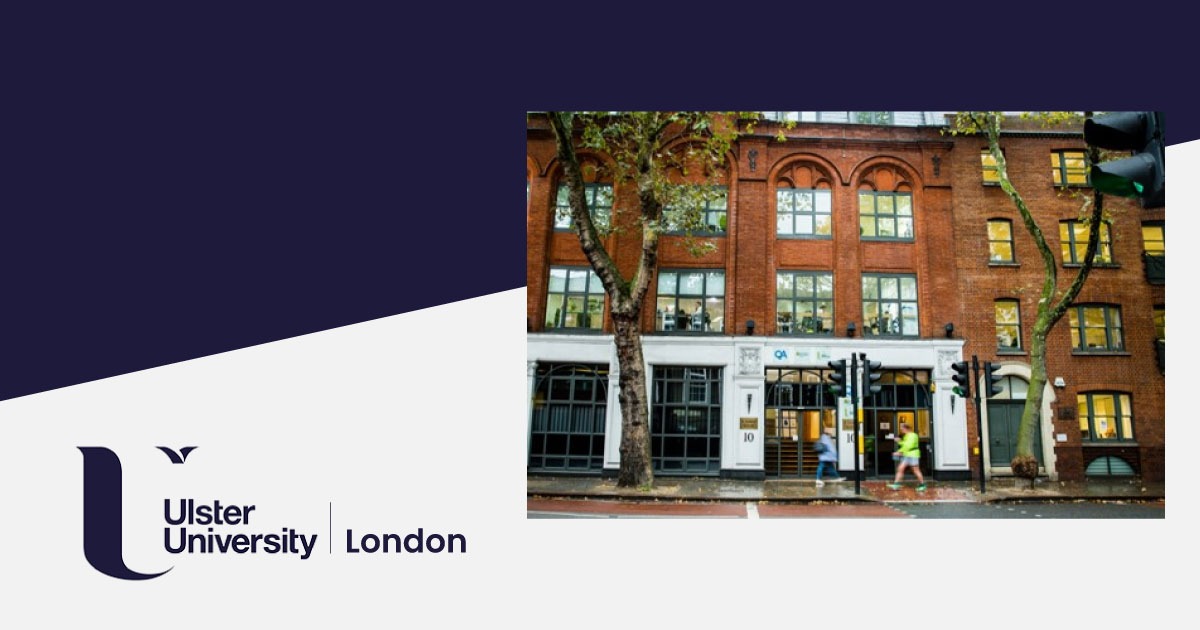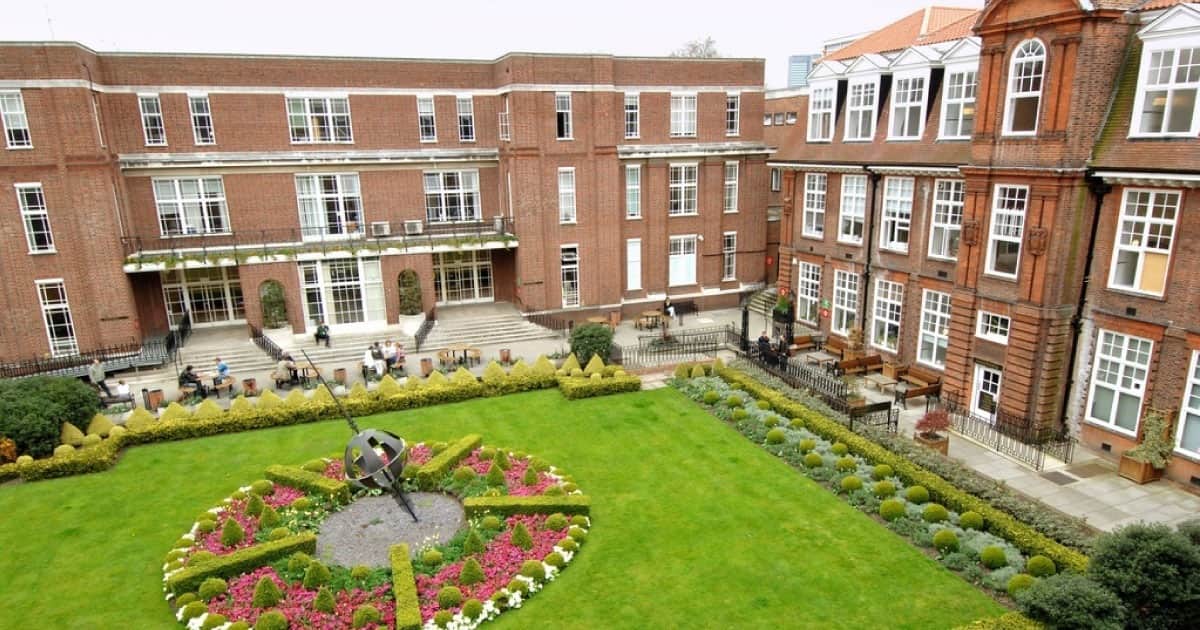Study in UK: Top Universities, Courses, Scholarships, Visa
Study in UK
Do you want to study in the UK? The UK student visa acceptance rate for international students is 98% (approximate). This means only 2% of student visas in UK are rejected. This means that if you submit all the documents and meet the entry requirements, your UK student visa will be approved.
However, applying to a UK university may seem daunting as it requires numerous steps, such as completing the university application, securing an offer letter, attending a pre-CAS interview, paying the CAS fee, and submitting the visa application, among others. So, it’s always better to get help from a consultant to study in the UK. Let’s explore the universities, courses, scholarships, and entry requirements of the UK for higher education.
Why Study in the UK?
Do you want to study in the UK? The UK is rapidly emerging as one of the most popular study destinations for international students. Numerous factors prompt international students to study in the UK. UK education equips students with unparalleled academic and professional skills and augments their personal development with an unforgettable cultural experience. Let’s explore the significant benefits of studying in the UK for international students.
- World-Class Education: The UK is home to some of the world’s top-ranking universities, renowned for their academic excellence and innovative teaching methodologies.
- Global Recognition And Accreditation: If you study in United Kingdom, your degrees will be recognised internationally and valued by employers worldwide.
- Multicultural Environment: Studying in the UK exposes you to a diverse and inclusive environment, with students from all corners of the globe converging in a melting pot of cultures.
- Language Advantage: Being an English-speaking country, the UK provides an immersive language experience for non-native English speakers. If you study in the UK, you’ll be able to learn the English language properly.
- Work Opportunities: The UK offers numerous opportunities for part-time work during your studies, allowing you to gain valuable work experience and supplement your income. If you study in the UK as an international student, you’ll be able to work 20 hours per week during your studies.
Enquiry Now!
Most Common Intakes in UK
There are basically three intakes in UK for international students. Such as the September, January, and May intakes. September is the best intake in the UK, as most of the universities offer this intake. Except for those three intakes, you’ll find some other temporary intakes in the UK. However, let’s explore the three popular UK intakes.
- Fall intake in UK: Fall intake in UK usually starts in September month so it is also known as the September intake. September is the primary and most preferred intake in the UK, as you’ll find almost every course available through this intake.
- Spring intake in UK: Spring intake in UK usually starts in January/February month, which is also known as the Winter/January intake in some universities. Unlike the Fall/September intake in the UK, you’ll find mostly the business courses available through the January intake.
- Summer intake in the UK: Summer intake in UK usually starts in May month, which is a less common intake in the UK. This is one of the best intakes to study for a master’s. For those who have missed the January intake, May is a great pathway for them to make their study abroad dreams come true.
Best Universities in UK
Are you looking for the best universities to study in the UK? There are many affordable universities in the UK for international students that are ranked globally. Not only that, universities like Ulster University, Northumbria University, Coventry University, etc. have the highest acceptance rate. Whether you are looking for bachelor, Masters or MBA courses, you’ll find everything you need at those universities in the UK. Here is a list of some of the best universities in UK.
- Arden University
- Aston University
- Bangor University
- Birmingham City University
- Cardiff Metropolitan University
- Coventry University
- De Montfort University
- Derby University
- Heriot Watt University
- Hult International Business School
- Leeds Conservatoire
- Leeds Trinity University
- Lincoln University
- Northumbria University London
- Northumbria University Newcastle
- Regent College
- Regent’s University London
- Robert Gordon University
- Swansea University
- Ulster University London
- Ulster University Birmingham
- University Academy 92
- University College Birmingham
- University of Bradford
- University of Hertfordshire
- University of South Wales
- UWE Bristol
- Leeds Conservatoire
- London South Bank University
- Edinburgh Napier University
- University of Strathclyde
- University Of Chester
Cost to Study in UK
The overall cost of studying in the UK depends on the university tuition fee and the living expenses in UK for international students. However, the average tuition fee in UK is £13,000–£16,000. Some specific courses, like Law, Medicine, Nursing, MBA etc. may cost higher ranging from £20,000 to more. On the other hand, the living cost in UK can be classified as living inside London or living outside of London. According to the Gov.UK, the approximate living cost in London is £1,483 per month, and outside of London, it is £1,136 per month.
Affordable Courses in UK
Are you looking for the best courses in the UK that are also affordable? The United Kingdom is known for its high-class and affordable education. Though some specific courses cost more, most of the courses in the UK are more reasonable than in other countries. Here are some affordable courses in the UK for international students.
Affordable Courses in UK for Undergraduate Programme
The average tuition fee in UK for undergraduate programmes ranges between £13,000 and £15,000. Here are some popular courses in UK for bachelors:
- Accounting and Finance
- Data Science
- Artificial Intelligence
- Cyber Security
- Digital Marketing
- Project Management
- Data Analytics
- International Business etc.
Affordable Courses in UK for Postgraduate Programme
The average tuition fees for international students in UK for masters programmes range between £13000-£18,000. Some courses may cost more. However, here are some affordable master degrees in UK.
- Financial Technology
- Civil Engineering
- Public Health
- Fashion and Textile Design
- Environmental Science
- Logistics and Supply Chain Management
- Psychology
- Big Data Analytics etc.
Requirements to Study in UK for International Students
Requirements to study in UK for international students can be classified into three categories. Such as Admission requirements, Financial requirements, and UK student visa requirements.
Admission Requirements to Study in UK
Admission requirements in UK include academic requirements, English proficiency requirements and document requirements. These three things are mandatory for making an application to UK universities.
Academic Requirements
To study in the UK for a Bachelor degree, you must successfully complete your 12th standard with good grades. For a Master’s degree, you should complete a 4-year bachelor’s degree from any reputed university. Some universities require professional qualifications for an MBA programme in UK. However, if you don’t meet the direct entry requirements, you can study in the UK for a Foundation and Pre-Masters programme.
English Language Requirements
Proving English proficiency is a mandatory requirement for a UK student visa. The minimum IELTS score requirement to study in UK is an overall 6.0 for Bachelor and an overall 6.5 for Masters.
Can You Study in UK Without IELTS?
When it comes to proving English language skills, most of the students ask, “Can I study in the UK without IELTS?” The answer is no. You can’t apply for a UK student visa without IELTS. However, you can take some other professional English tests like Duolingo, PTE, OIETC, etc. which can be the best alternative to the IELTS. Also, you can study in the UK with a Medium of Instruction (MOI). Here are some popular UK universities where you can study without IELTS or any other English tests, as they accept MOI.
- University of Hertfordshire
- Birmingham City University
- Bangor University
- University of South Wales
- University for the Creative Arts
- Cardiff Metropolitan University
Documents Requirements
The UK government stated some mandatory documents that are needed for a university application in the UK. Here are the document requirements for a UK university application.
- Current passport
- Updated CV
- Academic certificates and transcripts
- English-language certificate
- Recommendation letter
- Job certificate (if any)
- SOP
- Experience letter (if any)
NB: All your documents should be in English. You should give a proper scanned copy of the documents.
Financial Requirements to Study in UK
You’ll need to show you have enough money to support yourself unless you’ve had a valid visa in the UK for at least 1 year before you apply.
The amount of money you need depends on where you’ll be studying. You’ll need either:
- £1,483 per month (for up to 9 months) if your course is in London
- £1,136 per month (for up to 9 months) if your course is outside London
If you’ll be staying at a residential independent school, you’ll need to pay boarding fees instead. The amount you’ll need to pay will be listed on your CAS (Confirmation of Acceptance for Studies). You need to have this money in your account for at least 28 days in a row. The last day of these 28 days should be within 31 days before you apply for your visa.
UK Student Visa Requirements
The UK student visa application fee is £524. Also, you must pay the IHS fee during your UK visa application. The health surcharge fee in UK is £776 per year for students. You must complete the payment and return it to the immigration application within 30 minutes. You also need to submit some documents to apply for a UK student visa. Such as-
- Current passport or other valid travel documentation
- Confirmation of Acceptance for Studies (CAS)
- Proof you have enough money to support yourself and pay for your course
- A valid ATAS certificate (if required)
- Proof of parental or other legal guardian consent if you’re under 18
- Proof of your relationship to your parent or guardian if you’re under 18
- Tuberculosis test results
- If you have had someone pay for your course fees and living expenses in the last year, you need to get written permission from them for your application.
NB: Failure to submit any documents can be a reason for UK student visa rejection.
Accommodation Support for International Students to Study in UK
Many universities in the UK have on-campus housing called Halls of Residence for international students. These provide a convenient and supportive place to live. Options range from shared dorm rooms to self-contained studio apartments. If you’re a student in the UK, the minimum cost for accommodation is £1,136 per month. This adds up to £10,224 for 9 months, as required by UK Visa and Immigration (UKVI).
Scholarships to Study in UK for International Students
UK universities usually offer scholarships for every international student. It’s an automatic process and you don’t have to apply for the scholarships. However, the UK government also offers scholarships for international students.
- British Chevening Scholarships
- Commonwealth Scholarships for Developing Commonwealth Countries
- Commonwealth Shared Scholarship Scheme at UK Universities
- Marshall Scholarships
Post-Study Work Opportunities (PSW) in UK
PSW in UK for international students is also known as a Graduate Route Visa in UK through which you can stay in the UK for at least 2 years after finishing your course. The main requirements for a PSW in the UK are you should complete your study and you should be in the UK while applying. The UK Graduate Route Visa will cost you £880. And the IHS fee for a PSW holder in the UK is £1,035 for each year you’ll be in the UK.
Final Words
Studying in the UK opens doors to a world of opportunities, offering a blend of academic excellence, cultural diversity, and practical experience. Whether you’re seeking top-notch education, international recognition, or a chance to explore historic landscapes, the UK provides a conducive environment for personal and professional growth. With a commitment to supporting international students and a wealth of resources, the UK stands as a premier destination for those aspiring to broaden their horizons. So if you want to study in the UK, you can always contact AIMS Education.



































